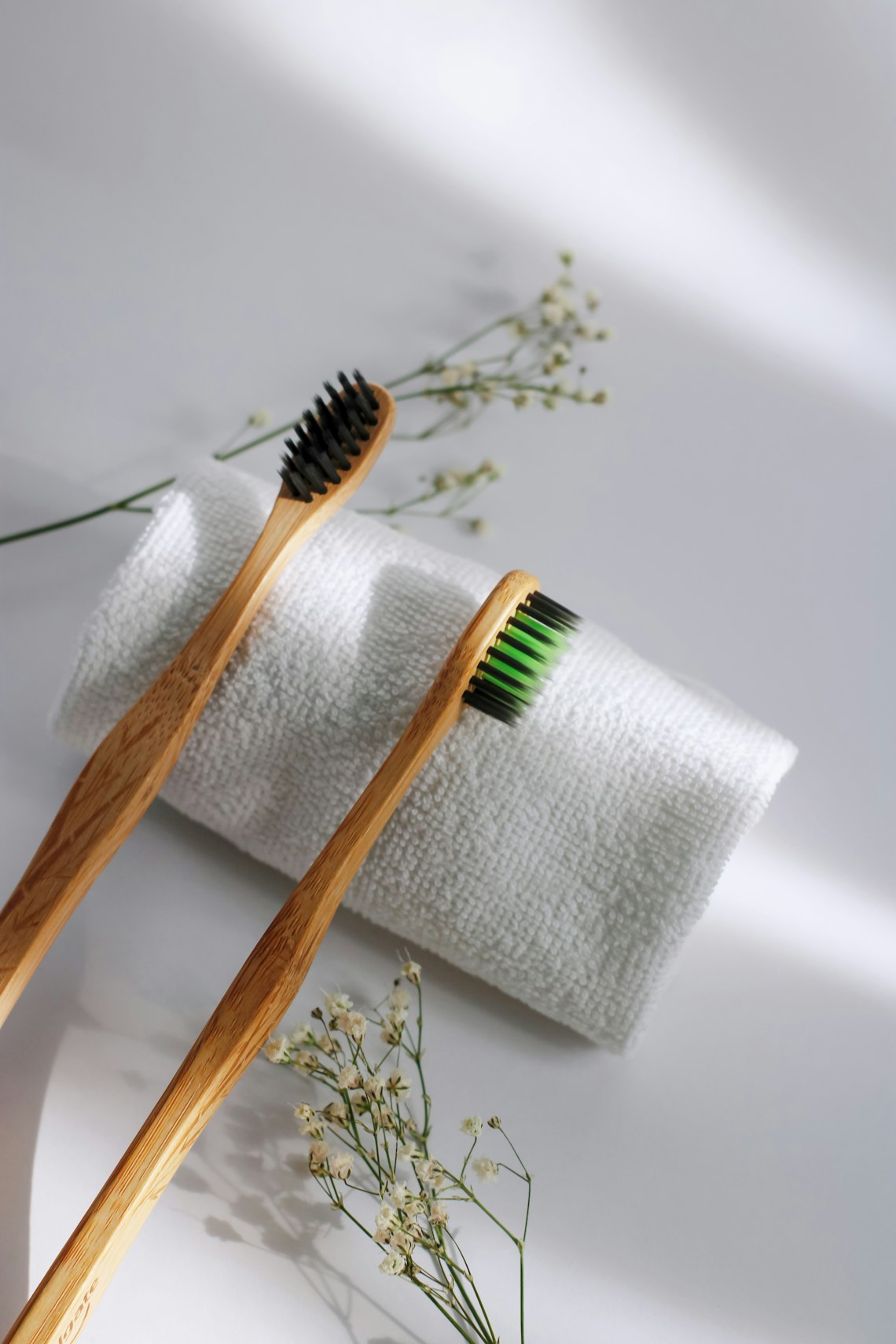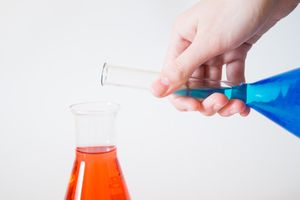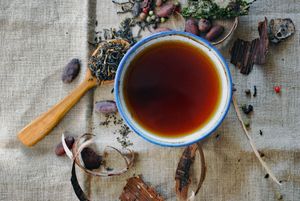
Abscessed tooth
If you're experiencing a dental abscess, you know just how painful and uncomfortable it can be. While it's important to seek treatment from a dentist, there are also natural remedies you can use at home to ease your symptoms. One such remedy is a tea made from a variety of herbs known for their anti-inflammatory, anti-microbial, and soothing properties.
To make this tea, you'll need a combination of chamomile flowers, thyme, sage leaves, marshmallow root, poppy capsules, and comfrey root. All of these ingredients work together to reduce inflammation, kill bacteria, soothe pain, and promote healing.
To prepare the tea, simply mix two teaspoons of each herb in a cup of hot water and let it steep for 10-15 minutes. You can then strain the tea and use it as a gargle or mouthwash several times a day.
Chamomile flowers, thyme, and sage leaves have anti-inflammatory and anti-microbial properties that can help reduce pain and swelling caused by the abscess. Marshmallow root contains mucilage, which can soothe and coat the inflamed area. Poppy capsules have mild anesthetic properties that can help relieve pain. Comfrey root contains allantoin, a compound that can promote healing and tissue repair.
While this tea can help alleviate symptoms of a dental abscess, it's important to seek professional dental care to address the underlying issue. Left untreated, a dental abscess can lead to serious complications such as bone loss, tooth loss, and even sepsis. So, be sure to see your dentist as soon as possible, and use natural remedies like this tea to complement your treatment and promote healing.
Flores Chamomillae (Chamomile flowers).
Infusion of 3 tablespoons of flowers to a cup of water; it is kept in the mouth, slightly warmed.
Flores Millefolii (mousetail flowers), only flowers that contain proazulene, i.e. active substances similar to those of chamomile flowers.
Infusion of a spoonful of flowers to a cup of water; it is kept in the mouth, slightly warmed.
Favorable effects are also obtained with:
Folium Salviae (Sage leaves) where the antiseptic effect is combined with the astringent, cicatrizing one. Gargle with an infusion of 2 teaspoons of leaves per 100 ml of water.
Herb Meliloti (Sulfine).
Gargle with an infusion of 2 teaspoons of the plant per 100 ml of water.
Radix Gei (Cerentel root) which, due to its rich tannin content, has a marked astringent action.
Decoction of 2 teaspoons of roots to a cup of water, for local washes; in the affected area you can put pads with cotton wool or gauze soaked in this decoction.
Flores et Folium Malvae, Flores et Folium Althaeae (flowers and leaves of cultivated mallow and large mallow) - contain mucilages that give them a recognized emollient action.
Gargle with infusion of 2 teaspoons to a cup of water.
Radix Symphyti (tetanus root) contains allantoin which produces a cicatrizing action. Gargle with a decoction of 4-5 tablespoons of chopped roots to a cup of water.
The herb Hyperici (St. John's wort) - has a soothing effect on toothaches.
Gargle with an infusion of 2 tablespoons of the plant per 200 ml of water.
Gargle tea:
Flores Chamomillae (chamomile flowers), Herba Serpylli (chamomile), Folium Salviae (sage leaves) with anti-inflammatory and disinfectant action; Folium Althaeae (mallow leaves) with emollient action: Capita Papaveris (poppy capsules) slightly anesthetic: Radix Gei (Cerentel root) with astringent and hemostatic action.
Gargle with infusion of 2 teaspoons to a cup of water.



